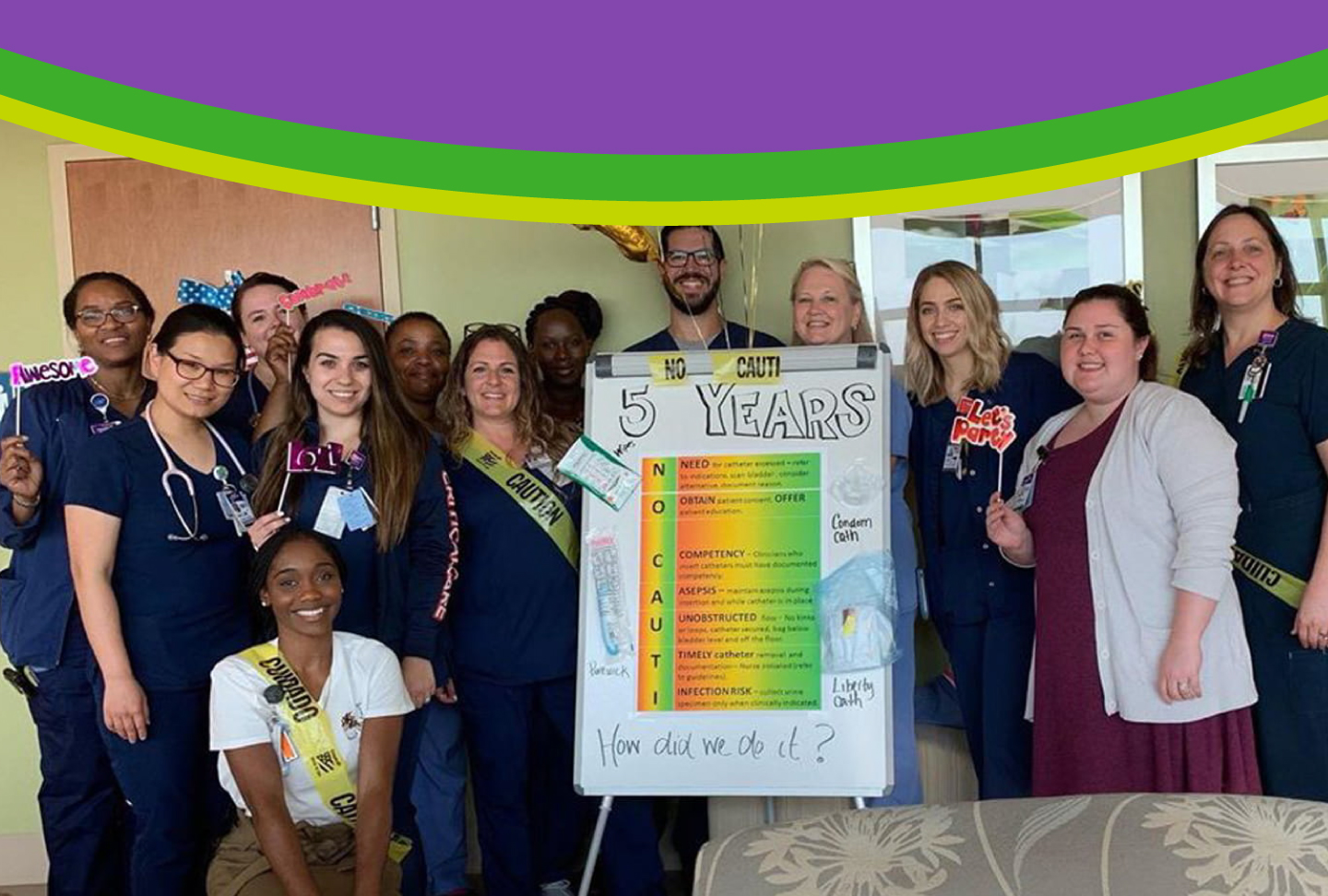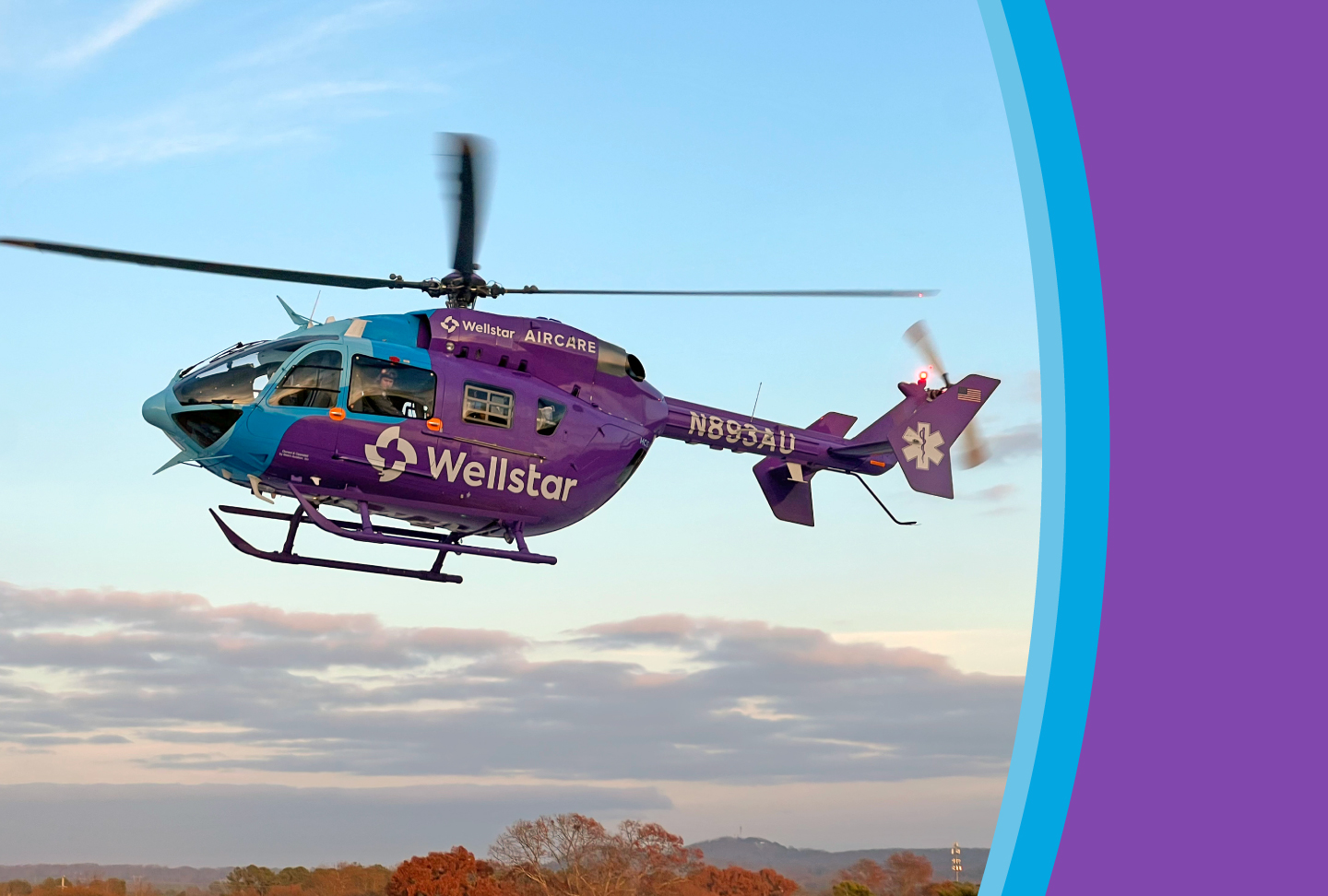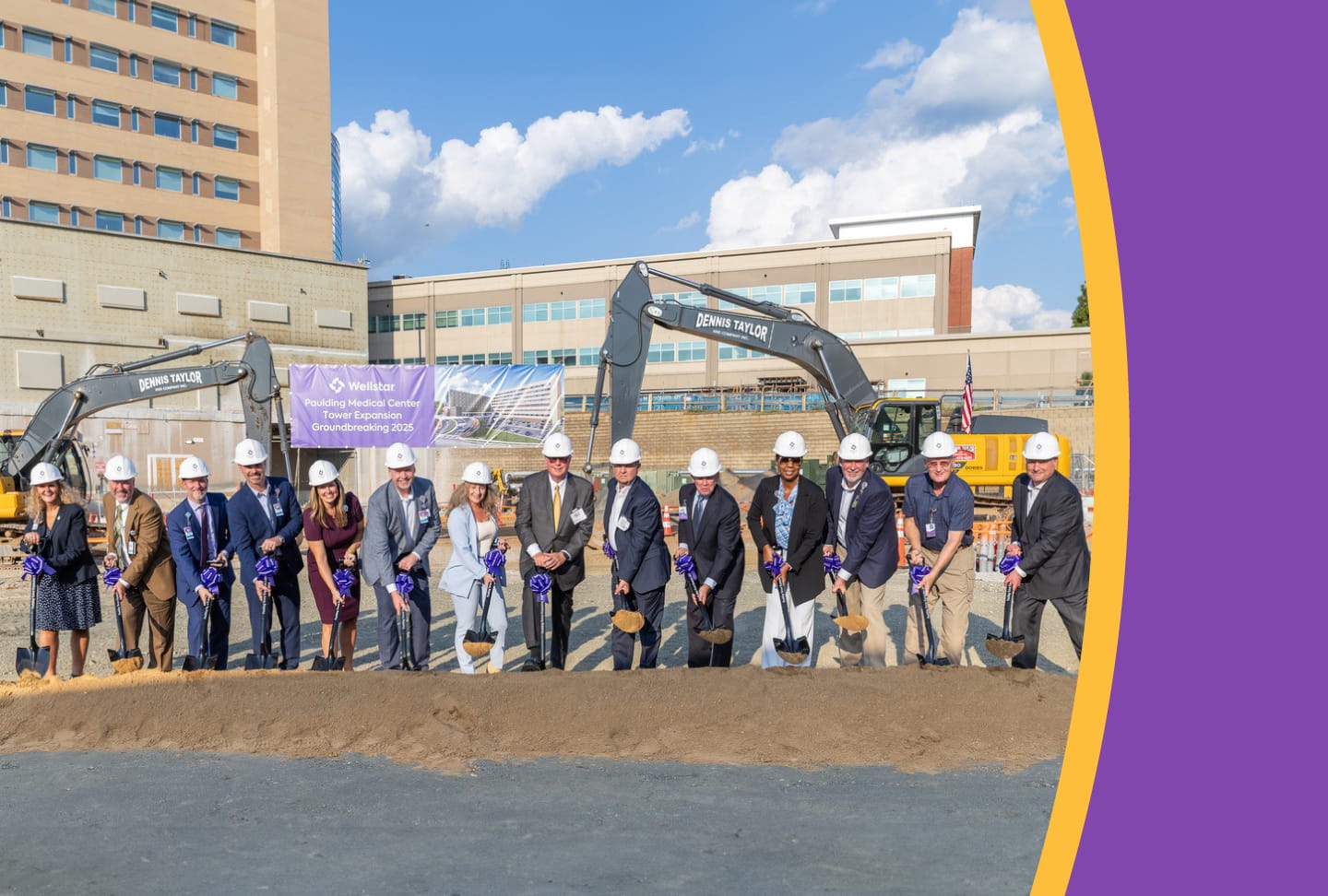Some things are just better together: Peanut butter and jelly. Popsicles and summer days. Stethoscopes and superheroes. When it comes to your child’s health, there’s no better combo than your love—and our expert pediatric care. That’s why Wellstar Children’s of Georgia is here to partner with your family.

Our name and logo may have changed, but the mission to care for children, teens and your family remains the same.
“Our new name represents a powerful collaboration, bringing together more pediatric specialists in Georgia to create a comprehensive system of care,” said Wellstar Children’s Hospital of Georgia Pediatrician-in-Chief Dr. Valera Hudson.
Where kids’ healthcare is “better together”
At Wellstar Children’s of Georgia, a child’s health is strengthened by a partnership between parents and pediatric specialists. Our physicians and advanced practice providers listen and get to know each child from the moment they’re born into young adulthood, collaborating with parents to deliver tailored care.
“We never forget that you know your child best—from their unique needs to what makes them tick,” said Wellstar Chief Pediatrics Officer Dr. Carrie Stinson. “We trust your instincts, and we’re here to support you as you help your child grow into a healthy, well-prepared and incredible human being.”
A checkup for every child, from toddlers to teens
Every kid should have a well-child exam each year. “When you have babies and toddlers, it’s routine—you’re scheduling these frequently,” said Dr. Stinson. “But when kids get older and busier, these visits may fall off your radar.” Staying on top of these vital checkups helps keep focus on your child or teen’s well-being, including their physical health and development as well as their emotional, social and behavioral health.
Navigating life’s most challenging moments
During visits to Wellstar Children’s of Georgia, pediatricians, pediatric specialists, nurses and other dedicated team members use the latest technology and innovative therapies to treat common illnesses and complex conditions. In our Pediatric Emergency Departments and imaging centers, specially trained Child Life Specialists aid children and their families during challenging healthcare moments—helping them understand and cope with unfamiliar or scary situations.
A long legacy of care
Our new name builds on a rich history of pediatric excellence throughout Georgia. For decades, we’ve worked hard to make sure our communities have access to the pediatric care they need—from preventive care to emergency care and specialty care, including cardiologists, neurologists, urologists, ENTs, orthopedics, therapists and more.
Care in Augusta
Wellstar Children's Hospital of Georgia in Augusta has been a leader in the state for nearly 30 years. We’re home to:
- Pediatric primary care and specialty care
- A 24/7 Pediatric Emergency Department
- A dedicated Level II Trauma Center
- A Level IV Neonatal Intensive Care Unit (NICU)
- The only Level I Pediatric Intensive Care Unit (PICU) in the region
- A Level IV Epilepsy Center
- One of two Pediatric Cystic Fibrosis Centers in the state
- Clinical trials for a variety of childhood conditions
- Summer camps and support programs for children with specific health conditions
Care in Metro Atlanta
Our communities in the Atlanta area have access to:
- Pediatric primary care and specialty care
- Pediatric Emergency Departments at Wellstar Cobb, Wellstar Douglas, Wellstar Kennestone and Wellstar Paulding Medical Centers
- An Inpatient Pediatric Unit at Wellstar Kennestone in Marietta
- Level III NICUs at Wellstar Kennestone and Wellstar Cobb
- Level II NICUs at Wellstar Douglas and Wellstar North Fulton Medical Centers
- Wellstar Children’s of Georgia Pediatric Center in Kennesaw offering a range of high-quality, child-centered services
Care in West Georgia
In West Georgia and central West Georgia, families can access:
- Pediatric primary care in LaGrange
- Level II NICUs at Wellstar Spalding Medical Center in Griffin and Wellstar West Georgia Medical Center in LaGrange
Our growth chart: how we’re keeping up with your kids
As you measure your child’s growth, we’re growing too! We continue to invest in our teams and facilities across Georgia so your child can have a healthy future.
In Metro Atlanta, Wellstar continues to grow care for Cobb County’s youngest residents. A new tower at Wellstar Kennestone, slated to open spring 2026, will feature an expanded NICU with more beds to meet the needs of our families.
In Augusta, Wellstar Children's Hospital of Georgia has unveiled a welcoming and fresh child-friendly lobby. Families visiting the campus will soon benefit from the addition of the Kisner Foundation and Friends Center for Pediatric Behavioral Health and Wellness. This new space brings neurology and psychology services together under one roof, providing a dedicated place for families to find help for their children's behavioral health needs.
"We’re passionate about caring for kids,” said Dr. Hudson. “Our dream is to get beyond just treating and intervening when there’s a crisis—we aim to help families thrive.”
Whether preventing illness or treating chronic conditions, Wellstar Children’s of Georgia is committed to helping children heal so they can do more of what they love.





